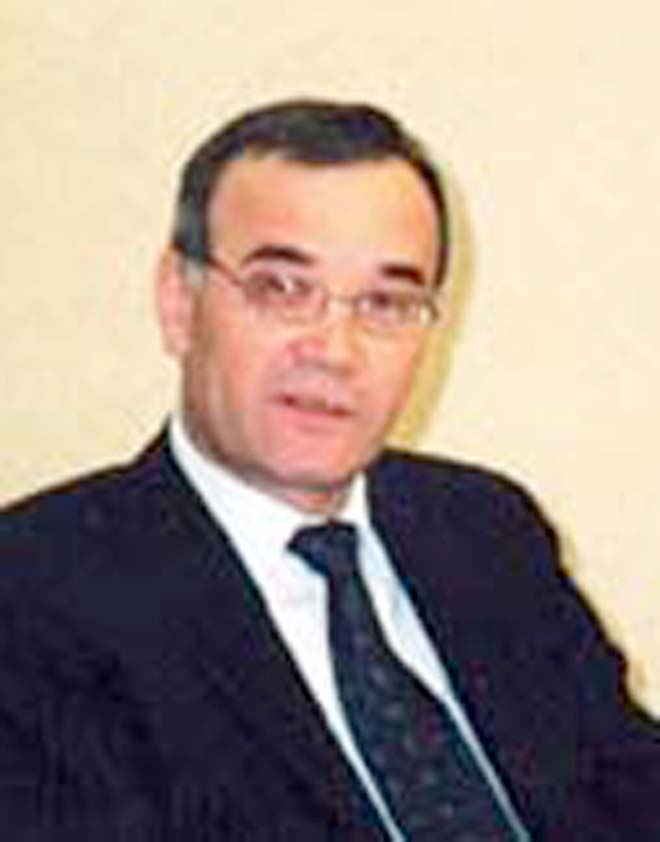Kazakhstan, Astana, March 20 / corr Trend K.Konirova /
Trend interview with KazMunayGas President Kairgeldi Kabildin
Question: What are your thoughts about the document signed by SOCAR and KazMunayGas to establish the Trans-Caspian oil transportation system? What prospects does the document create?
Answer: In November 2008, SOCAR and KazMunayGas signed an agreement on principles to implement the Trans-Caspian project. The document defines the conditions for implementing the project, establishing joint project companies, forming tariffs, accessing capacities and developing the Trans-Caspian system.
The system's discharge capacity in the initial stages will be 23 million tons per year. We planned to expand the capacity to 38-56 million tons per year at a later date.
The Trans-Caspian project will enable us to increase the volume of oil pumped via the Baku-Tbilisi-Ceyhan pipeline and other Azerbaijani transportation systems. This project is important for Kazakhstan, as it will provide international markets in the Mediterranean and Black sea regions with access to extra oil volumes.
Question: How will oil production at Kashagan affect the Kazakhstan Caspian Transportation System?
A: Tengiz oil, as well as crude produced at Kashagan as of 2013, represents a major resource base for the Kazakhstan Caspian Transportation System (KCTS).
The KCTS will be commissioned in 2012-2013. So in the initial stages, more Tengiz oil will be transported.
Q: When will a transport agreement be reached on Kazakh oil pumped via the pipeline?
A: First, I would like to say that Kazakh oil produced at Tengiz is currently delivered via the Baku-Tbilisi-Ceyhan pipeline. As of late 2008, 293,600 tons of Tengiz oil will be transported via the BTC.
Transport agreements under the KCTS will be signed to support the project financing.
Q: Did the global financial crisis and fall in oil prices affect KazMunayGas' priorities in terms of implementing infrastructural projects? How is the launch of the oil refinery at the Ceyhan Port with Kazakhstan's participation progressing?
A: Of course, the crisis and unprecedented collapse of oil prices last year is a focus area for KazMunayGas. We have observed a deficit in international bank assets and limits on our access to world capital markets. We are selecting projects for our investment portfolio given their importance for the company and nation. We will make a final decision later on their implementation.
Our infrastructural projects cover hydrocarbon transportation and oil-and-gas service support in the Kazakh section of the Caspian Sea. We do not plant any changes for these projects.
I will note that in the near future we do not expect to see the need to attract capital thanks to refinancing activities and advanced debt repayment. Last year, we attracted funds to finance investments and concluded several contracts to open loan lines under huge projects. At the same time, KazMunayGas possesses its own accumulated funds.
The construction of the oil refinery at Ceyhan will be postponed due to the crisis. It was a sound project when prices were favorable. Now we are placing importance on reconstructing our existing oil refineries.
Q: How does KaMunayGas classify its priorities in investing abroad?
A: Our major foreign investments are in Russia, Romania and Georgia. Now we are analyzing and listing our investment projects depending on their priority. Based on the results of the analysis, we will take further steps to invest and manage foreign projects.
Do you have any feedback? Contact our journalist at: [email protected]






